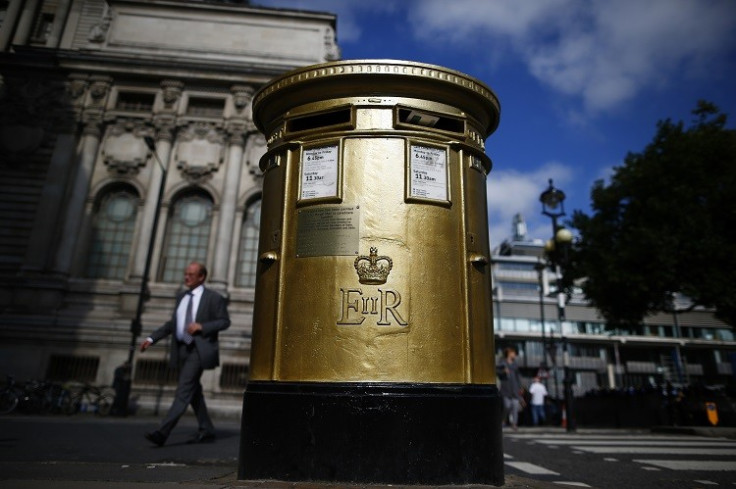Royal Mail Share Price Posts New Highs as Full Trading Begins

Royal Mail shares pushed higher still on the government's original offer price in its sell off of the communications firm as they entered their first day of full trading on the London Stock Exchange.
The stock had been available on a conditional basis through brokers since 11 October, but is now available to be traded freely on the LSE.
It was priced at 488.01p a share at 8:55am BST in London on 15 October, up 2.74% on the day and 48% above its offer price of 330p. It values the Royal Mail at around £4.88bn.
Critics of the flotation say the government sold off the firm, with a history stretching back 500 years, too cheaply. However, the government said it offered a discount that ensured all the shares offered would be sold at the same time balancing a good deal for taxpayers.
"Our priority has always been protection of the consumer through the universal service obligation, good value for money for the taxpayer, and a stable long term ownership structure that will enable Royal Mail to be a successful enterprise and to raise commercial funding to invest," said Vince Cable, business secretary.
"This listing achieves all of these objectives. We have struck the right balance, increasing the proportion of shares going to small investors to ensure they get their fair share and ensuring the employees get a 10% stake in the business."
Cable had previously estimated that there had been around 700,000 applications for Royal Mail shares ahead of the privatisation. Royal Mail staff have been handed 10% of the firm's share capital and the government retains a 37.8% shareholding.
Of the base offer, 67% of shares were offered to institutional investors, while 33% were offered to retail investors.
There was a £750 minimum investment set for retail buyers. The government said 93,000 members of the public who had applied for the minimum amount of shares would receive them in full. Those who applied for more than £10,000 worth would not receive any shares.
Anticipating the high level of demand for the shares, the government set an Over-Allotment Option as a stabilising measure for the 30 days after the IPO. If this option is used, the government's shareholding will be eroded further, to a floor of 30%.
© Copyright IBTimes 2025. All rights reserved.






















